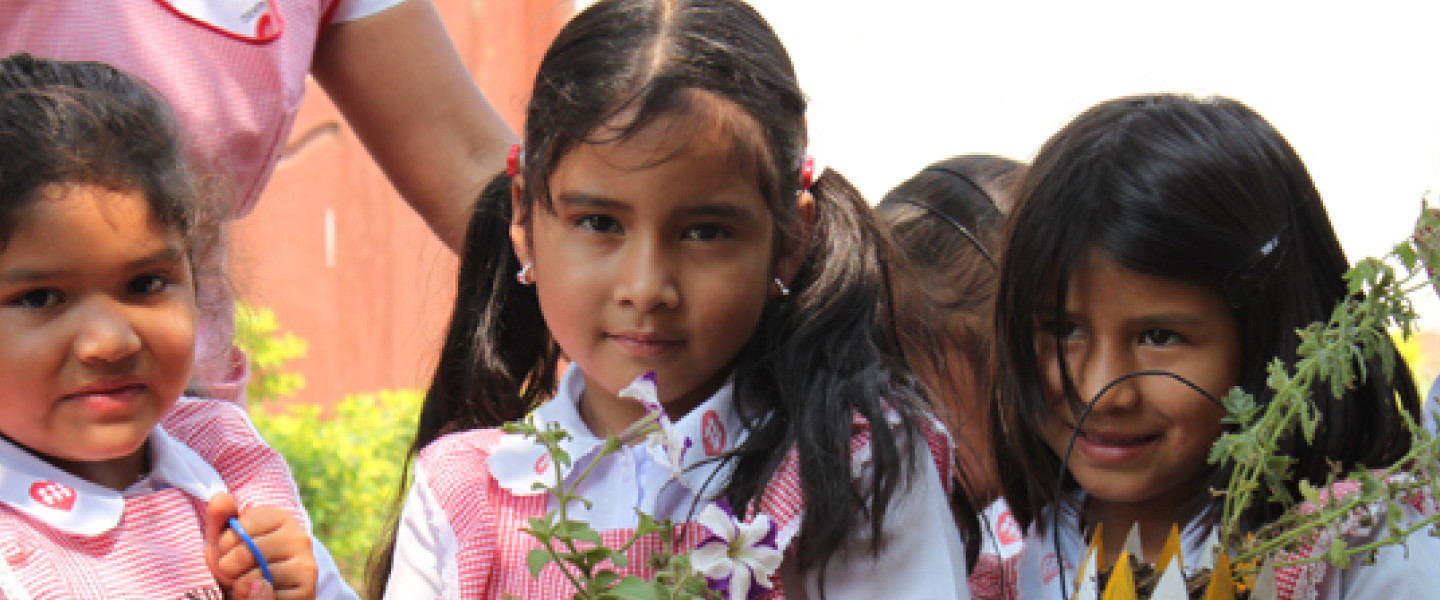
This week, the international conference on “Integral Ecology: A synodal response from the Amazon and other essential biomes/territories for the care of our common home” is taking place at Georgetown University. Organized by the REPAM Ecclesial Network, and with the support of the Conference of Jesuit Provincials of the United States and Canada – Office of Justice and Ecology, among other collaborators, this conference seeks to offer an opportunity to share and develop approaches related to the topic of integral ecology outlined in Laudato Si’, and also to encourage innovative pastoral perspectives in the care and defense of our common home.
In the lead up to the October Synod on the Amazon, Fe y Alegría has also been actively engaged over the past few months in the articulation of common strategies related to care for our common home, as well as the incorporation of agro-ecological policies into its centers, within the framework of the Jesuit Pan-amazonian project.
From February 25th-28th, delegations from seven countries participated in the first Panamazonian Encounter of Fe y Alegría educational centers in Ecuador, where issues related to the Amazon from the perspectives of intercultural education, bilingual education and care for nature were analyzed.
The week was marked by intense reflection and roundtables, youth encounters, visits to areas contaminated due to the extraction of petroleum, and other natural resources, which enabled participants to see firsthand the brutal reality that our essential biomes are facing and the challenges that need to be addressed in order to halt their accelerated deterioration.
The need for authentic education, capable of integrating scientific and ecological knowledge, environmental responsibility, the wisdom of indigenous peoples was viewed as strategies to protect the planet and “build sustainable, integral development” as manifested in Pope Francis’ encyclical on care for our common home.
The delegations from Brazil, Colombia, Venezuela, Guyana, Peru, Bolivia and Ecuador agreed on the need to strengthen the work of the Pan-Amazonian Network, promote training and Exchange among the different actors of the network and encourage greater participation of the members of the Amazonian peoples, in order to “amazonize the world”.
Sources: REPAM and Fe y Alegría Ecuador

